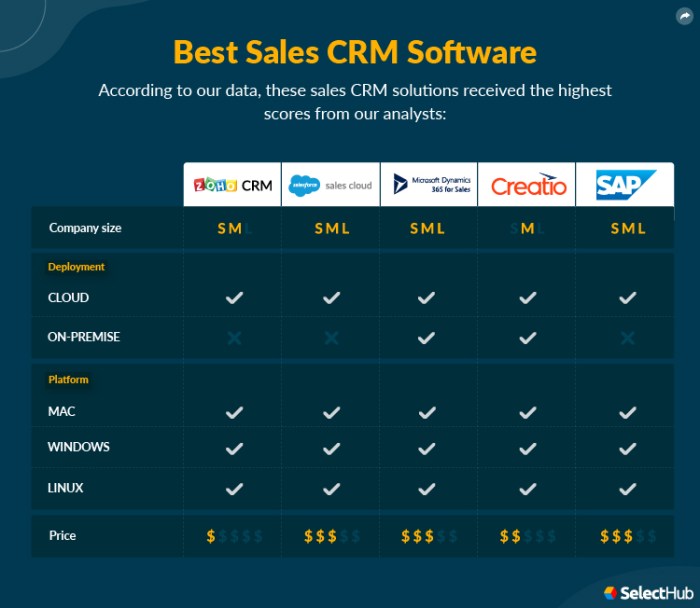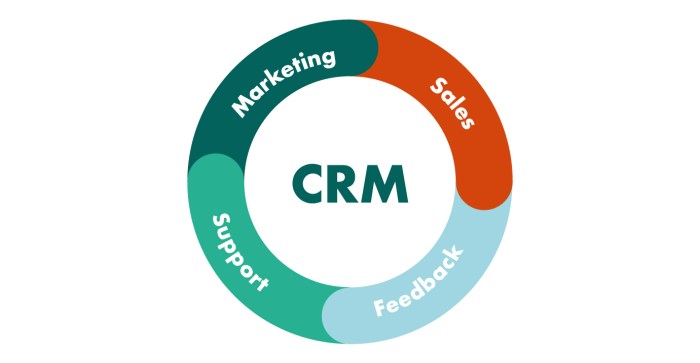Simplifying Success: A Deep Dive into Simple CRM for Small Businesses
In the intricate world of small business operations, efficient customer relationship management is crucial for success. Enter Simple CRM, a tailored solution designed to meet the unique needs of small businesses. This extensive guide explores the realm of Simple CRM for small businesses – from understanding its fundamental principles to implementing best practices for optimal results.
Chapter 1: Introducing Simple CRM for Small Businesses
Defining Simple CRM
Simple CRM is a user-friendly customer relationship management solution crafted specifically for small businesses. We’ll delve into its core principles, discussing how it simplifies customer interactions, streamlines processes, and ultimately drives business growth.
The Evolution of CRM for Small Businesses
Understanding the historical context of CRM sets the stage for the significance of simplified solutions. We’ll trace the evolution of CRM for small businesses and how simplicity has become a key driver for adoption.
Chapter 2: Key Components of Simple CRM
Contact and Lead Management
Efficiently managing contacts and leads is fundamental for small businesses. Learn how Simple CRM simplifies contact and lead management, ensuring that businesses can nurture and convert prospects seamlessly.
Task and Calendar Management
Staying organized is vital for small businesses. Explore how Simple CRM facilitates task and calendar management, allowing businesses to keep track of appointments, follow-ups, and key deadlines effortlessly.
Communication Tracking
Effective communication is the backbone of customer relationships. Discover how Simple CRM provides tools for tracking and logging communication, ensuring that businesses can maintain a consistent and responsive dialogue with customers.
Chapter 3: Why Your Small Business Needs Simple CRM
Streamlining Customer Interactions
Exceptional customer interactions are the hallmark of successful small businesses. We’ll discuss how Simple CRM streamlines these interactions, providing a centralized platform for managing customer data and communication.
Improving Operational Efficiency
Time is a precious resource for small businesses. Learn how Simple CRM improves operational efficiency by automating routine tasks, reducing manual workload, and ensuring a smoother workflow for teams.
Budget-Friendly Solutions
Cost is a significant factor for small businesses. Explore how Simple CRM offers budget-friendly solutions without compromising on essential features, making it an ideal choice for businesses with limited resources.
Chapter 4: Choosing the Right Simple CRM for Your Small Business
Assessing Your Business Needs
Selecting the right Simple CRM begins with understanding the unique requirements of your small business. We’ll guide you through the process of assessing your needs, helping you identify the specific features and functionalities that align with your goals.
Exploring Popular Simple CRM Solutions
The market offers a variety of Simple CRM options, each with its unique features. We’ll provide an overview of some popular Simple CRM solutions tailored for small businesses, discussing their strengths, weaknesses, and user feedback.
Key Considerations for Decision Making
Choosing the right Simple CRM is a significant decision. We’ll discuss key considerations, including scalability, ease of use, integration capabilities, and cost, to ensure you make an informed choice aligned with your small business objectives.
Chapter 5: Implementing Simple CRM Successfully
Pre-Implementation Planning
Success in Simple CRM implementation starts with meticulous planning. We’ll explore the pre-implementation phase, covering aspects such as goal setting, team training, and stakeholder communication.
Configuration and Customization
Tailoring the CRM to fit your unique business processes is crucial. Learn how to configure and customize your Simple CRM, ensuring it aligns seamlessly with your team’s workflows.
Integration with Existing Systems
Harmonizing the CRM with existing tools is essential for a cohesive operation. Discover how to integrate Simple CRM with other business applications, such as email, marketing platforms, and accounting software.
Chapter 6: Optimizing Simple CRM for Maximum Impact
Advanced Features and Functionality
Simple CRM often comes with advanced features that can elevate your customer relationship management strategy. Explore tools such as automated workflows, data analytics, and mobile accessibility to enhance your small business operations.
Continuous Training and Skill Development
Technology evolves, and so should your team. Learn about the importance of continuous training and skill development to ensure your team maximizes the potential of Simple CRM.
Monitoring and Iteration
Regularly monitoring the CRM’s performance is key to its success. We’ll discuss best practices for analyzing data, identifying areas for improvement, and iterating on your CRM strategies for continuous growth.
Chapter 7: Real-World Success Stories with Simple CRM
Case Studies in Small Business Excellence
Success stories speak louder than words. Explore real-world case studies of small businesses that have undergone significant transformation with the implementation of Simple CRM. Discover how these businesses achieved improved customer satisfaction, increased efficiency, and overall growth.
Conclusion: A Bright Future with Simple CRM
In conclusion, Simple CRM isn’t just a tool—it’s a strategic asset that can redefine the way small businesses approach customer relationship management. By understanding its features, choosing the right Simple CRM, and implementing best practices, small businesses can unlock the full potential of Simple CRM and pave the way for a bright future of streamlined operations and business success.

